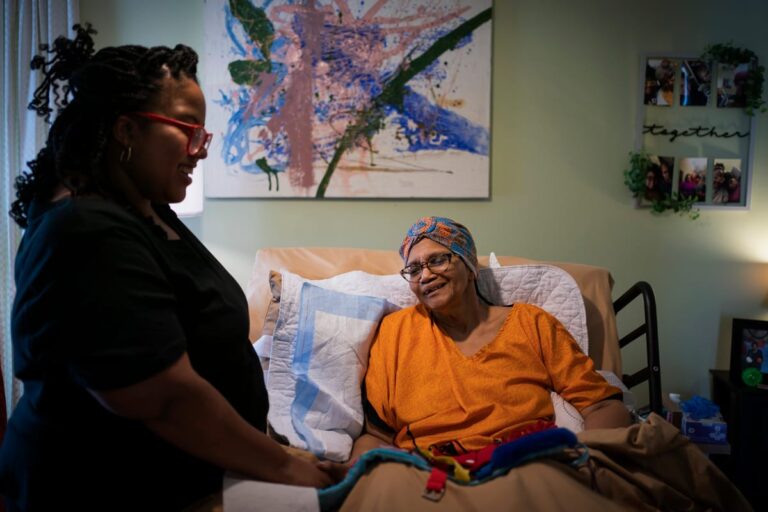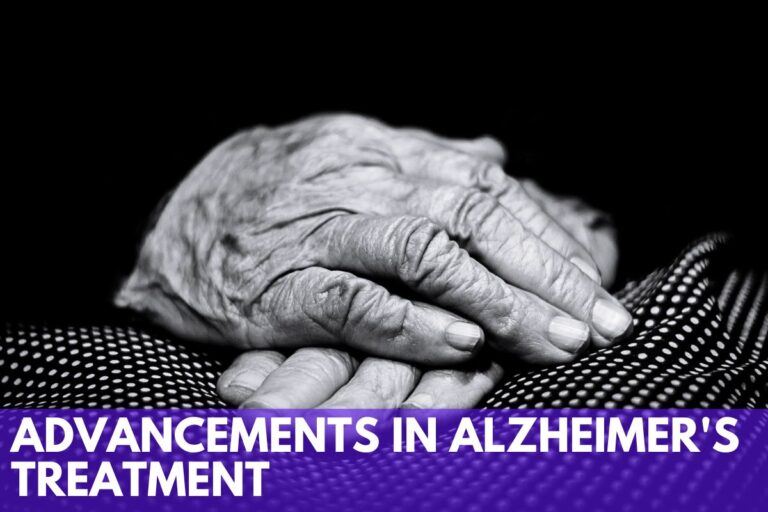No products in the cart.

Alzheimer’s Disease: A Growing Concern in the African American Community
Alzheimer’s disease is a progressive brain disorder that affects memory, thinking, and behavior. It is the most common cause of dementia, impacting millions of families worldwide. However, what is less commonly known is that African Americans are disproportionately affected by this disease. Studies show that African Americans are twice as likely to develop Alzheimer’s as white Americans. Despite this, they are less likely to be diagnosed early, which limits their access to timely treatments and support.
Understanding the Risk Factors
While the exact causes of Alzheimer’s are still being studied, research suggests that several factors contribute to the increased risk among African Americans:
- Genetics and Family History – A family history of Alzheimer’s can increase the likelihood of developing the disease. Some genetic variations that affect African Americans may play a role in this heightened risk.
- Cardiovascular Conditions – High blood pressure, diabetes, and heart disease are more prevalent in African Americans, and these conditions significantly increase the risk of Alzheimer’s. Maintaining heart health is crucial for brain health.
- Healthcare Disparities – Many African Americans face barriers to accessing healthcare, leading to delayed diagnoses and limited treatment options.
- Misinformation and Stigma – Symptoms of Alzheimer’s, such as memory loss and confusion, are often mistaken for normal aging. This misconception leads to delayed medical intervention.
Recognizing the Early Signs
Early diagnosis is key to managing Alzheimer’s effectively. Here are some common symptoms to look out for:
✅ Memory loss that disrupts daily life
✅ Difficulty solving problems or making decisions
✅ Confusion with time or place
✅ Trouble understanding visual images or spatial relationships
✅ Withdrawal from social activities
✅ Mood or personality changes
Steps Toward Prevention and Awareness
Although there is currently no cure for Alzheimer’s, lifestyle changes and early intervention can help reduce the risk and improve the quality of life for those affected. Here’s how we can take action:
🔹 Prioritize Brain and Heart Health – Eating a balanced diet, exercising regularly, and managing conditions like hypertension and diabetes can help lower the risk of Alzheimer’s.
🔹 Get Regular Check-Ups – Routine medical visits can help with early detection and timely treatment.
🔹 Participate in Clinical Trials – African American participation in Alzheimer’s research is essential to developing better treatments tailored to this community’s needs.
🔹 Educate and Advocate – Raising awareness about Alzheimer’s and its impact can help reduce stigma and encourage early diagnosis.
How the Watson Ellison Foundation Is Making a Difference
At the Watson Ellison Foundation, we are committed to addressing the healthcare disparities that affect underrepresented communities. Through awareness campaigns, community outreach, and partnerships with medical institutions, we aim to ensure that African Americans receive the information and resources they need to combat Alzheimer’s.
By sharing knowledge, advocating for better healthcare access, and supporting groundbreaking research, we can work towards a future where Alzheimer’s is detected earlier and managed more effectively.
Join us in spreading awareness and supporting those affected by Alzheimer’s. Together, we can make a difference.



